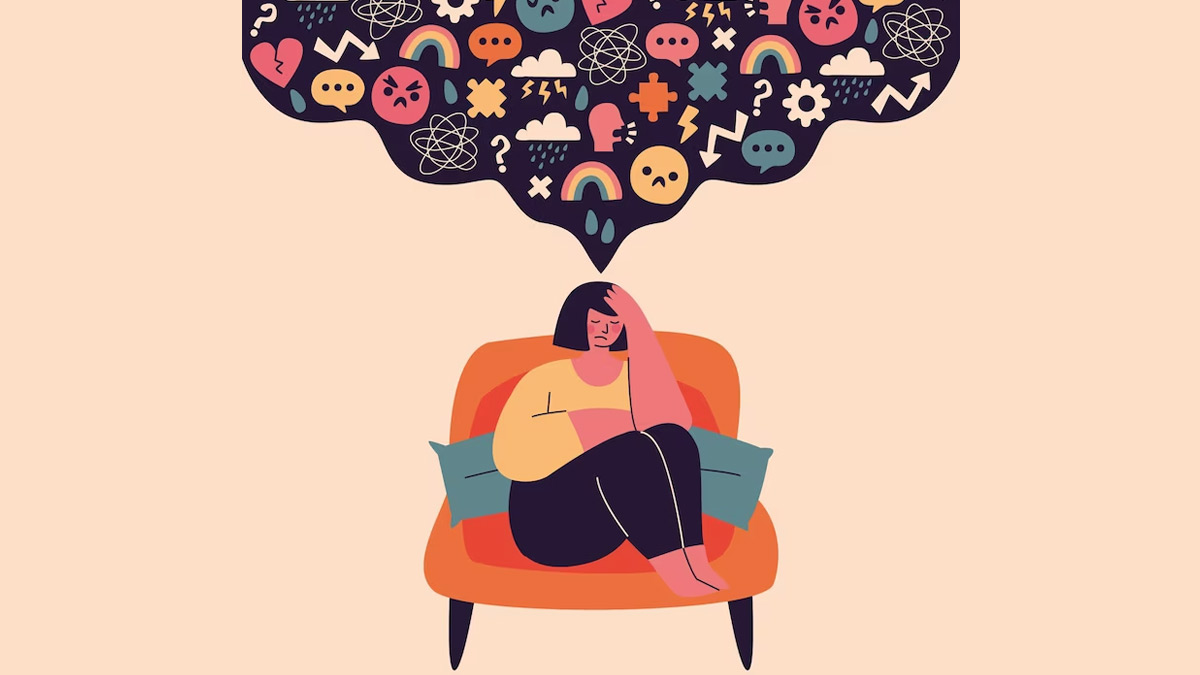
When the discussion happens on the topic of Vitro Fertilisation (IVF), the focus often revolves around medical procedures and physical health. However, the mental and emotional well-being of individuals undergoing IVF is equally important. The emotional rollercoaster associated with fertility treatments can be overwhelming, making it imperative to prioritise mental health throughout the process.
Table of Content:-
Emotional Strain Post IVF
“Embarking on the IVF journey can bring forth a myriad of emotions – hope, anticipation, anxiety, and sometimes disappointment. Recognising and acknowledging these emotions is the first step towards supporting mental health,” said Dr Rita Bakshi, Sr. Gynaecologist & IVF Expert, RiSAA IVF. “Couples should communicate openly about their feelings, fostering a supportive environment for each other,” she added.
Building a Strong Support System
According to Dr Bakshi, creating a robust support system is paramount. This can include close friends, family, or even joining support groups where individuals going through similar experiences share insights and provide encouragement. As per Dr Bakshi, having people to lean on during both the highs and lows can significantly alleviate the emotional burden.

Also read: The Top 5 Factors Leading To A Failed IVF
Seeking Professional Counselling
“Engaging in counselling or therapy can be immensely beneficial. A mental health professional specialising in fertility-related issues can offer coping mechanisms, stress management techniques, and a safe space for individuals to express their concerns,” said Dr Bakshi. This professional support can be instrumental in navigating the emotional complexities of IVF.
Practising Self-Care
“Amidst the medical appointments and procedures, it's crucial not to neglect self-care. Both partners should prioritise activities that bring them joy and relaxation. Whether it's meditation, exercise, or pursuing hobbies, taking time for oneself contributes positively to mental well-being,” said Dr Bakshi.

Setting Realistic Expectations
“While maintaining hope is essential, it's equally important to set realistic expectations. IVF outcomes can be unpredictable, and understanding that multiple attempts may be necessary helps in managing disappointment,” Dr Bakshi explained. As per her, adopting a flexible mindset can alleviate the pressure and emotional strain.
Also read: World IVF Day 2023: Theme, History, Importance & More
Effective Communication with Healthcare Professionals
Dr Bakshi suggested,“Open communication with healthcare professionals is key. Individuals should feel comfortable discussing their emotional well-being with their medical team. Clinics often have resources or recommendations for mental health support, and being proactive in seeking these out can make a significant difference”.
Celebrating Small Victories
“Amidst the challenges, it's essential to acknowledge and celebrate small victories along the way. Whether it's a successful embryo implantation or a positive response to medication, recognising these achievements can foster a positive outlook and bolster mental resilience,” Dr Bakshi advised.
Nurturing emotional well-being alongside the physical aspects of fertility treatments is integral for a holistic and successful IVF journey. By embracing a supportive network, seeking professional guidance, practising self-care, and maintaining realistic expectations, individuals can navigate the emotional terrain with resilience and hope.
Also watch this video
How we keep this article up to date:
We work with experts and keep a close eye on the latest in health and wellness. Whenever there is a new research or helpful information, we update our articles with accurate and useful advice.
Current Version